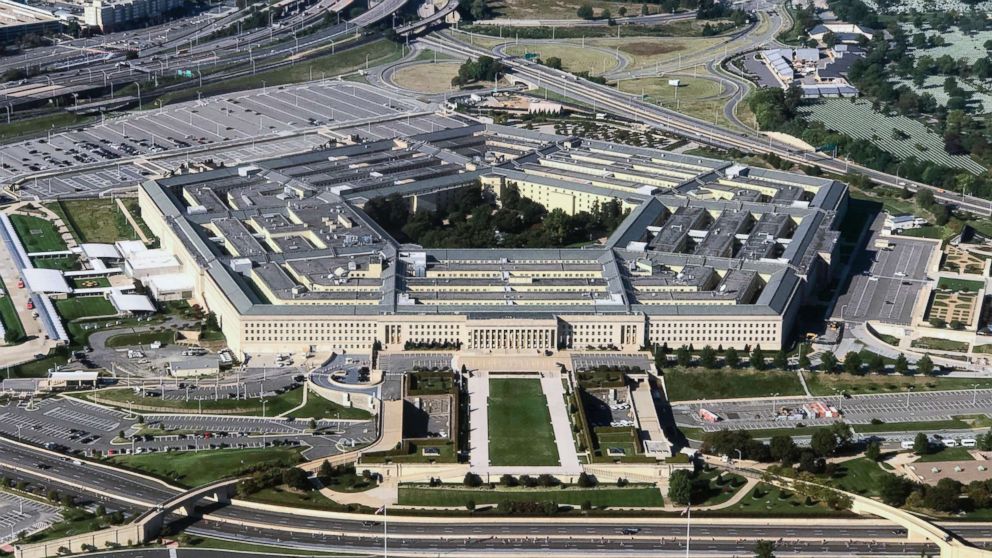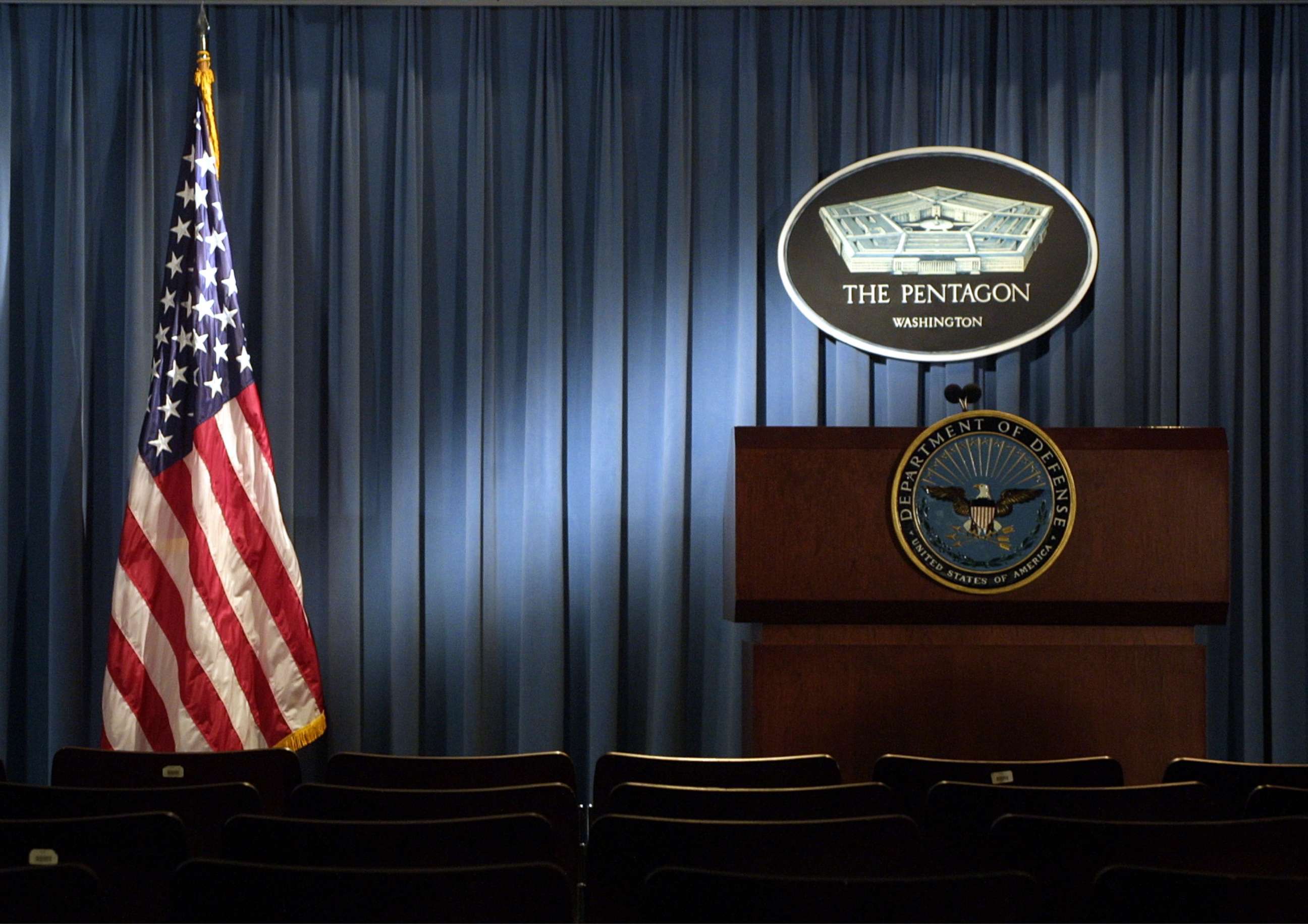New Pentagon guidelines reaffirm to top brass that it's OK to talk to press
New Pentagon guidelines encourages leaders to actively engage with the public.
The Pentagon has issued new guidance to its senior military and civilian leaders reaffirming Defense Secretary Mark Esper’s commitment that Pentagon leaders should engage more with the press. The guidance could open the door to more press access to senior military and civilian leaders at the Department of Defense who have kept a relatively low profile in recent years and to more press briefings at the Pentagon.
On Tuesday, Esper signaled that “updated guidance” would be issued later in the week during his first press conference with Pentagon reporters.
The new Secretary of Defense said it would convey his view of “the very important role of the media, the press in our society and in terms of communicating what we are doing and then answering your questions.”
“Based on direction from Secretary of Defense Mark T. Esper for department leaders to more actively engage with the public, I strongly encourage you, as the foremost experts in your area of responsibility to seek out engagement on policies and operations in your domains through formal and informal channels,” wrote Jonathan Hoffman, the assistant to the Secretary of Defense for Public Affairs, in a memo sent Friday to the Pentagon’s senior military and civilian leaders.

“Simply put, the Department benefits when we thoughtfully engage with the American public, Congressional leaders, international community, and the media,” he wrote.
“Of great importance is the need to clearly articulate department strategy and goals as we continue to implement the National Defense Strategy in these times of great power competition,” Hoffman added.
Esper’s memo is similar in tone to one issued by Defense Secretary Jim Mattis in October, 2017 where he told senior leaders to engage with the press and communicate their missions to the public.
However, that memo was at odds with the common perception within the department that senior leaders should take their cues from Mattis’ actions of keeping a low profile with the press.
Mattis often held press conferences with reporters at the Pentagon, but they were almost always off camera and hardly ever in the Pentagon Press Briefing Room. It was believed by many that Mattis chose to not go into the briefing room to reduce the chances that his televised comments might be seen by President Trump.
Furthermore, due to a combination of factors a Pentagon spokesperson has not held a briefing in the Pentagon Briefing Room since May, 2018.

The lack of routine on-camera press briefings and engagements by senior leaders at the Pentagon and in the field has contributed to the perception that the Pentagon was in line with the lack of transparency by the Trump administration.
The new guidance issued Friday was “a reflection of the secretary’s commitment to engage with the press which he has expressed in his on the record engagements”, Hoffman told ABC News.
Hoffman’s memo cited three guidelines Esper had shared “as we plan and execute increased media and public engagement."
“First, always seek the appropriate balance between transparency and operational security,” said the memo. “Second, focus on discussing your roles and responsibilities within the department…And finally , ensure that your message is well coordinated within the Department so that we can present a clear voice.”
“There is no better story to be told than that of our Service members defending freedom around the globe,” wrote Hoffman. “The Secretary Looks forward to hearing you tell more of those stories soon.”




